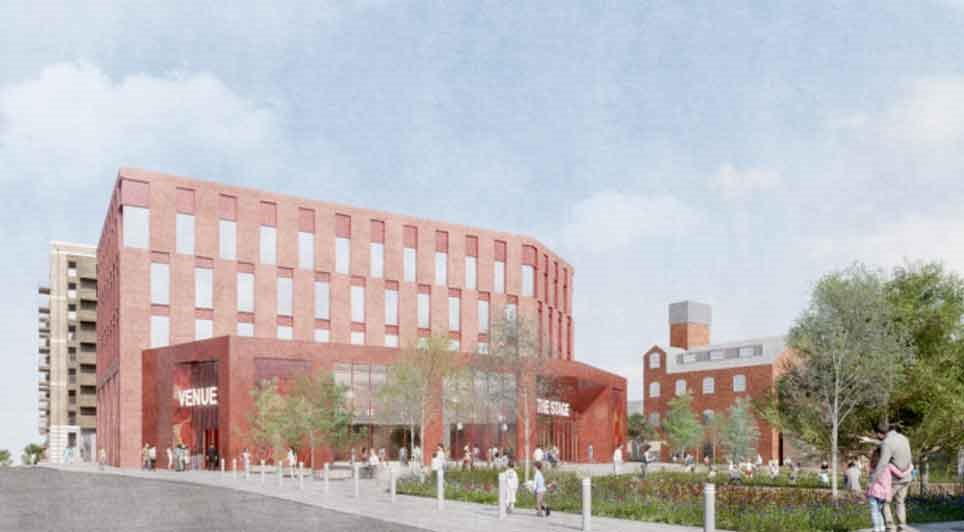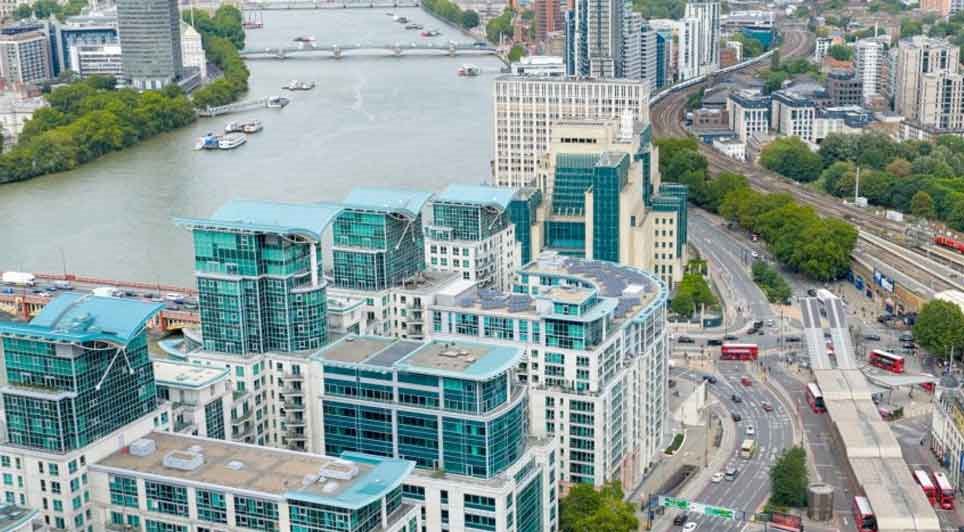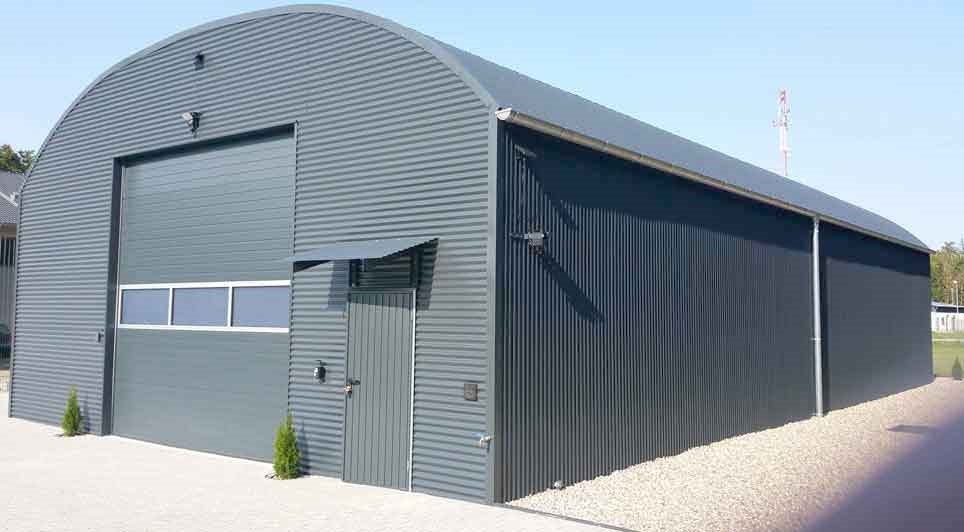Construction and property workers are more likely than any other profession to turn to drink as a way of coping with work stress, a new survey has shown.
The survey of 3000 people, by leading healthcare cash plan provider, Medicash, revealed that 47% of those in the industry, five times more than most other industries, admitted to being so strung out at the end of the day that they needed a beer to help them to relax.
The construction industry is also revealed as suffering from the highest rate of sickness absence with almost half of those surveyed saying that they had called in sick twice during the last month.
17% of those in the industry admitted to feeling stressed all the time and more than 50% admitted to getting drunk as a way of escaping work pressure.
The situation is even worse for SMEs with those working in small businesses twice as likely as employees in larger companies to turn to drink due to work-related stress
Sue Weir, chief executive of Medicash said: “The survey results indicate a worrying reliance on alcohol to help cope with stress for many in the construction industry. This, coupled with the fact that many in the industry operate outdoors in physically demanding roles, could go some way to explaining the high rate of sickness absence.”
Construction workers may hit the bottle but they don’t lose sleep worrying about work. They were found to be amongst the least likely to suffer a disturbed night’s sleep, unlike charity workers who lose, on average, almost three nights a month due to work stress.
Teachers are the most likely to be reduced to tears at work whilst those in research and development are most likely to have quit a job as a result of stress. They were also found to have the hottest heads with two thirds admitting to losing their temper with a colleague.
Sue Weir added: “Whatever your profession it’s important to find ways to cope with work pressure. The occasional drink aids relaxation but relying on alcohol to help you unwind can lead to long term problems. With many Britons clearly experiencing unacceptable levels of stress at work, adopting a preventative approach to healthcare, exercising regularly and eating healthily all have a real role to play in helping to redress the balance."
(GK)
 UK
UK Ireland
Ireland Scotland
Scotland London
London





















